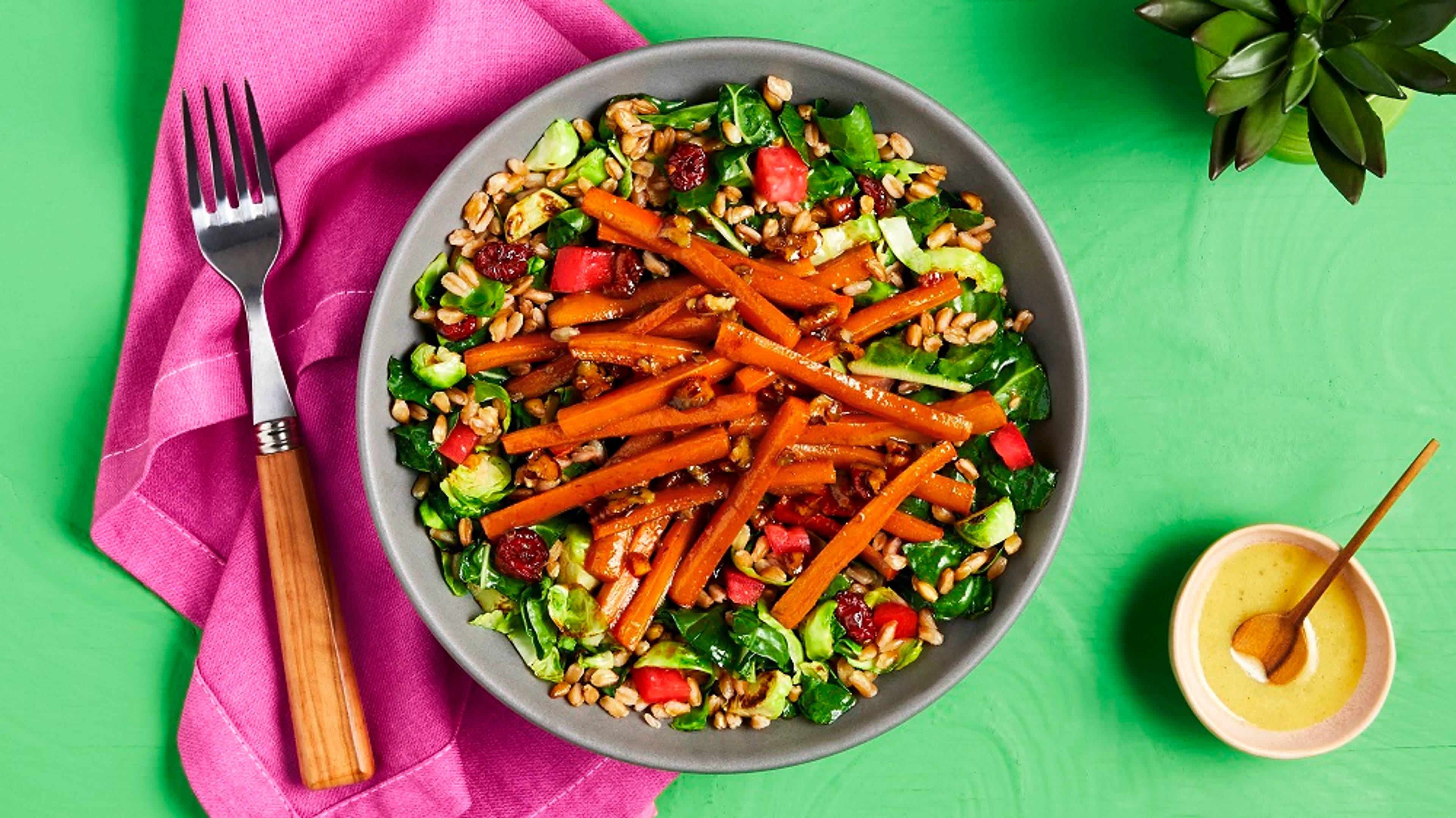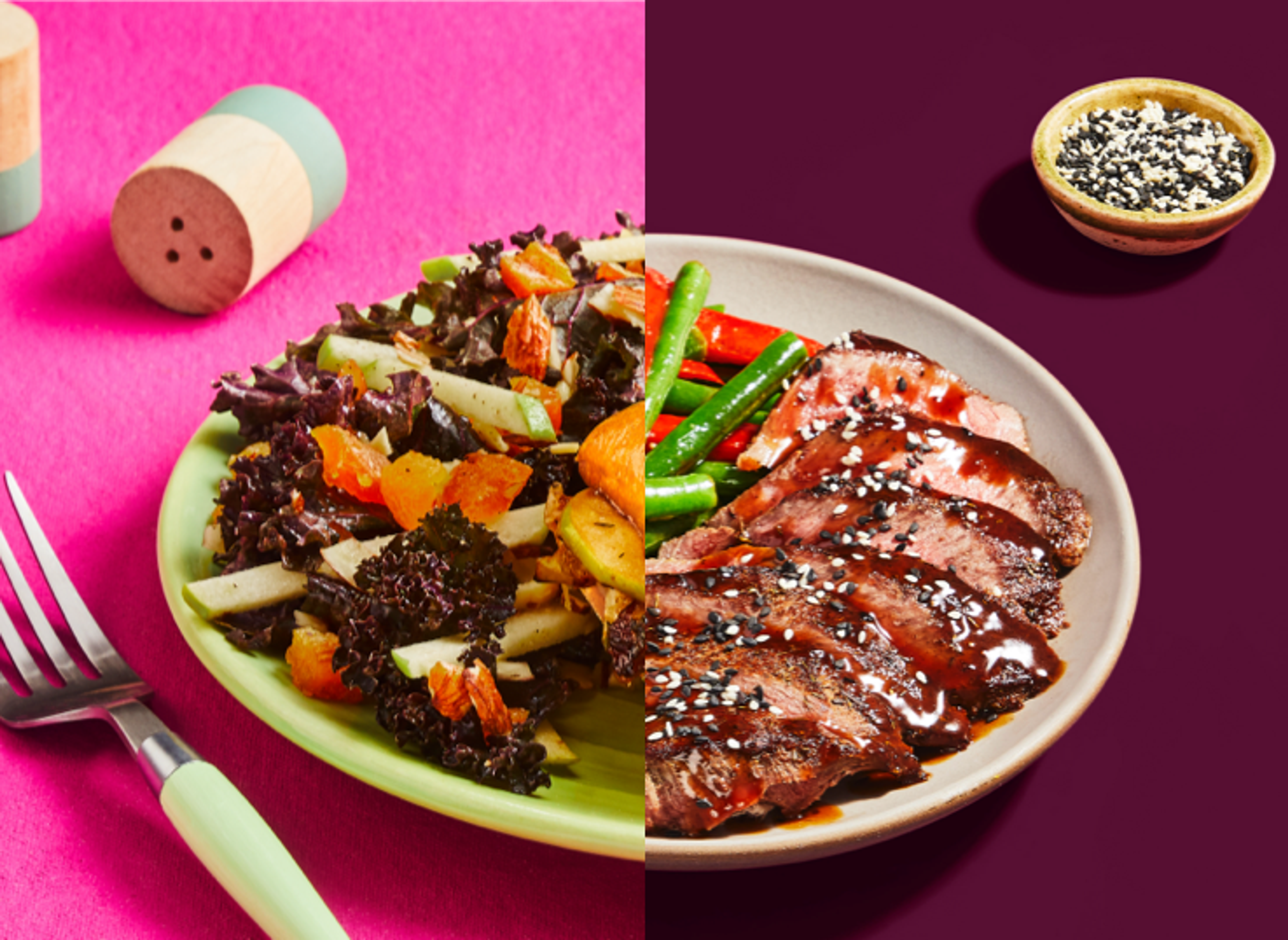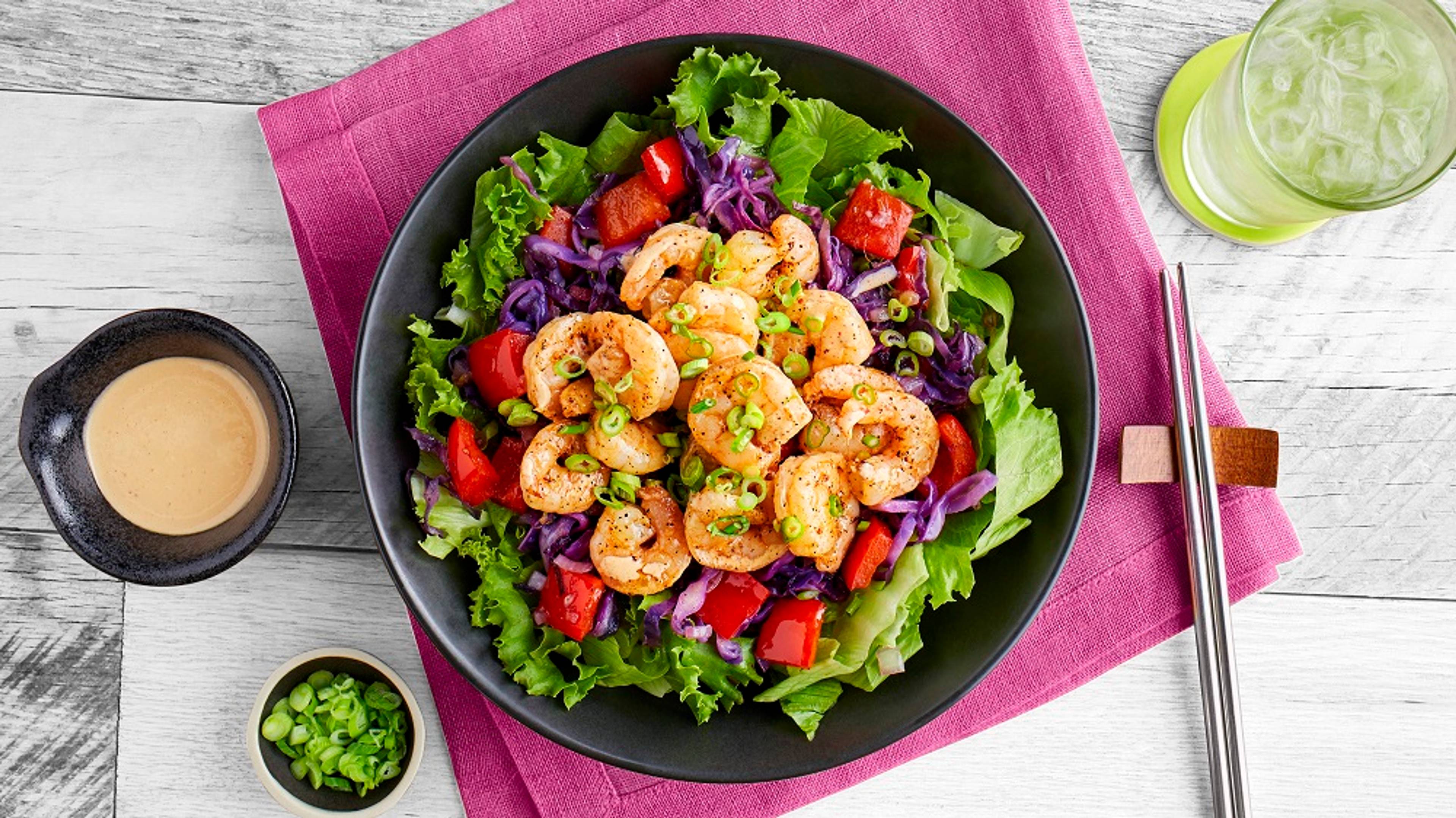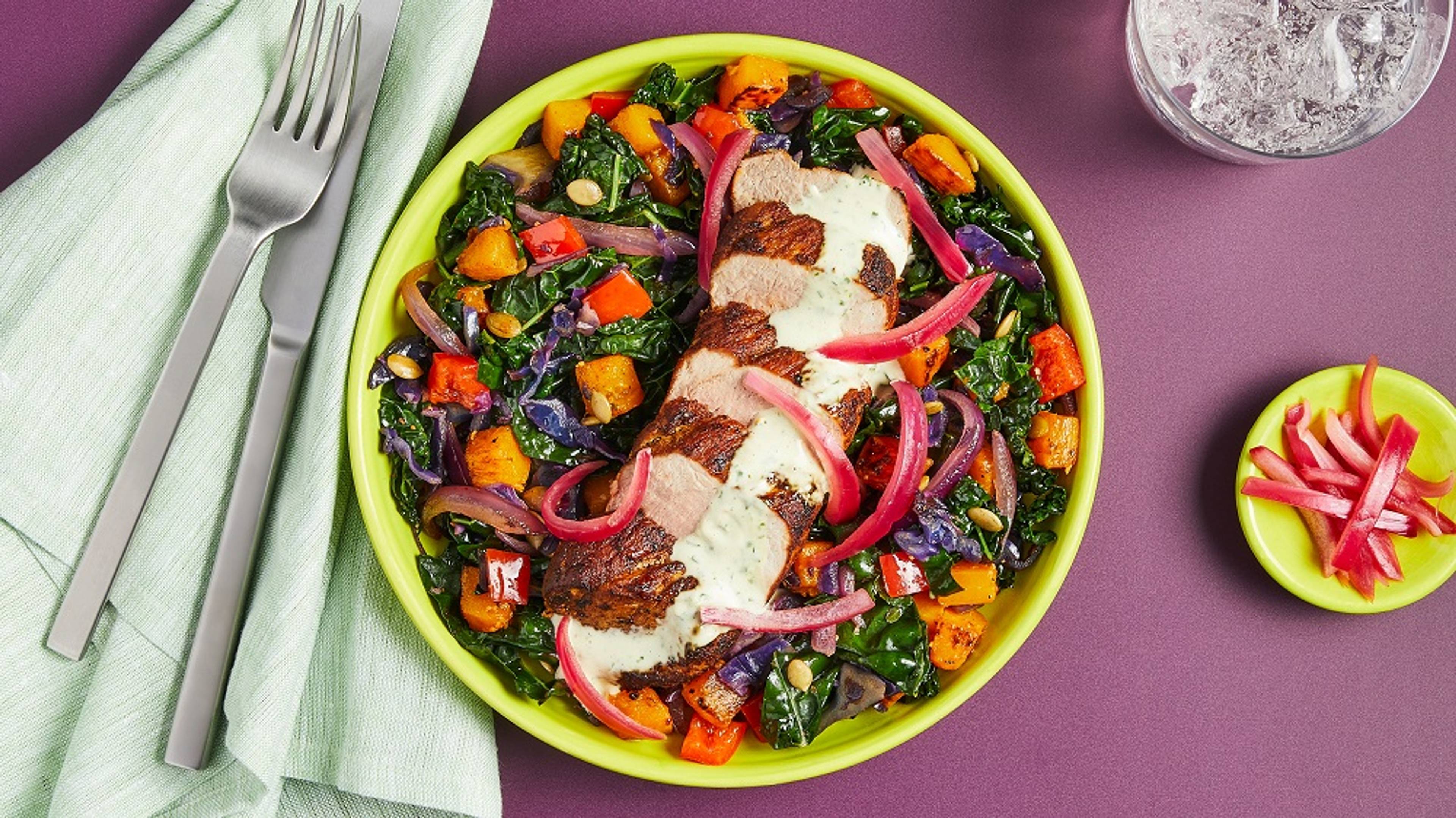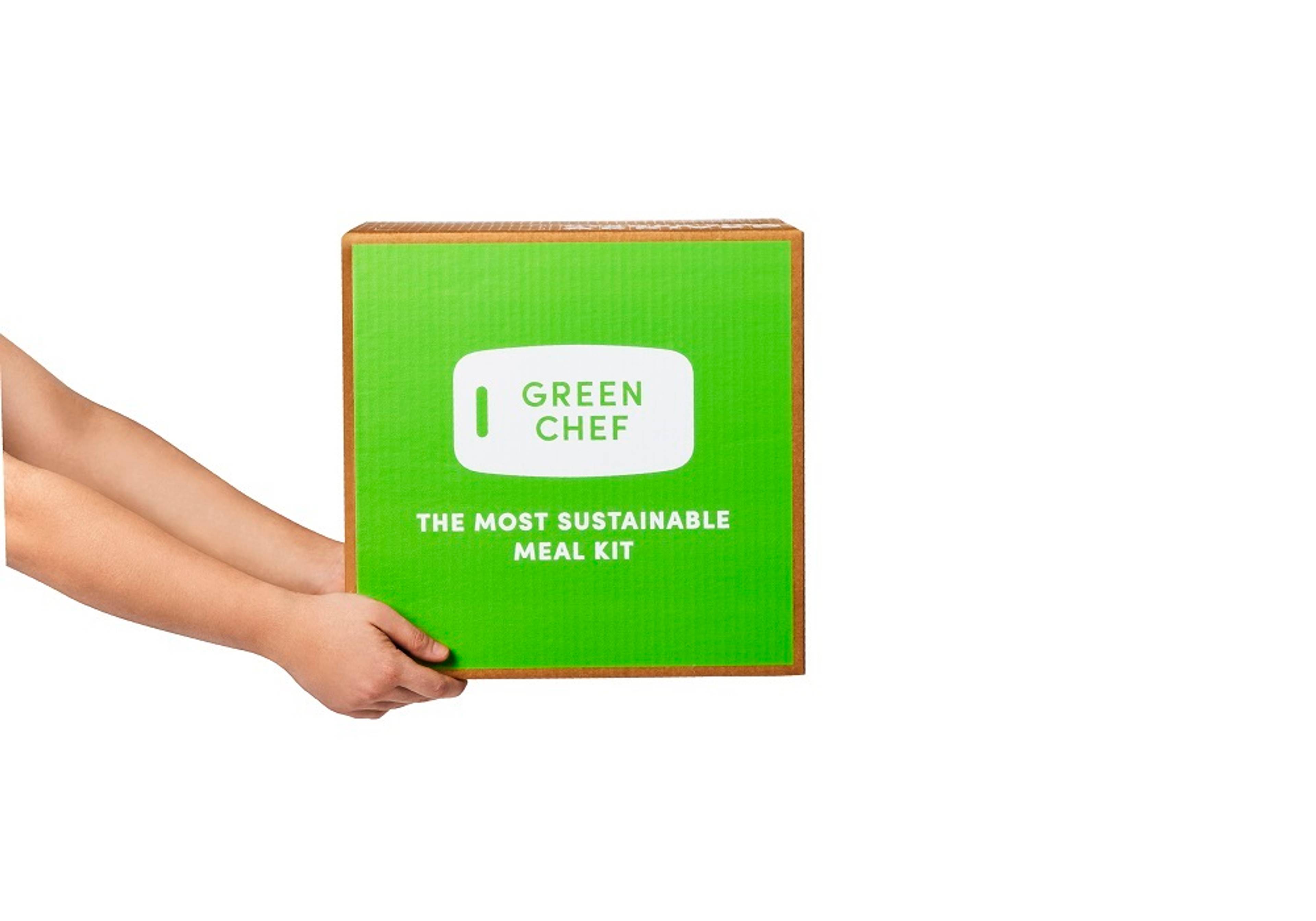Plant-Based Diets 101: A Beginner's Guide to Starting a Plant-Based Lifestyle
From vegetarian and vegan diets, to more flexible pescatairan and flexatarian diet plans, get ready to learn all about plant-based diets and how to start leading a healthier life.
From vegetarian and vegan diets, to more flexible pescatairan and flexatarian diet plans, get ready to learn all about plant-based diets and how to start leading a healthier life.
Thinking of Switching to a Plant-Based Diet?
Vegetarian and vegan diets have been growing in popularity in recent years. Whether it be for health or environmental reasons, many are making the switch and finding that it comes with a ton of benefits. What’s more, there are plenty of delicious options and recipes for vegetarians and vegans beyond just carrot sticks and tofu! If you’re thinking of making the switch but aren’t quite sure where to start, read on to find out more about plant-based diets. Discover the similarities and differences between them and choose the right plan to fit your lifestyle.
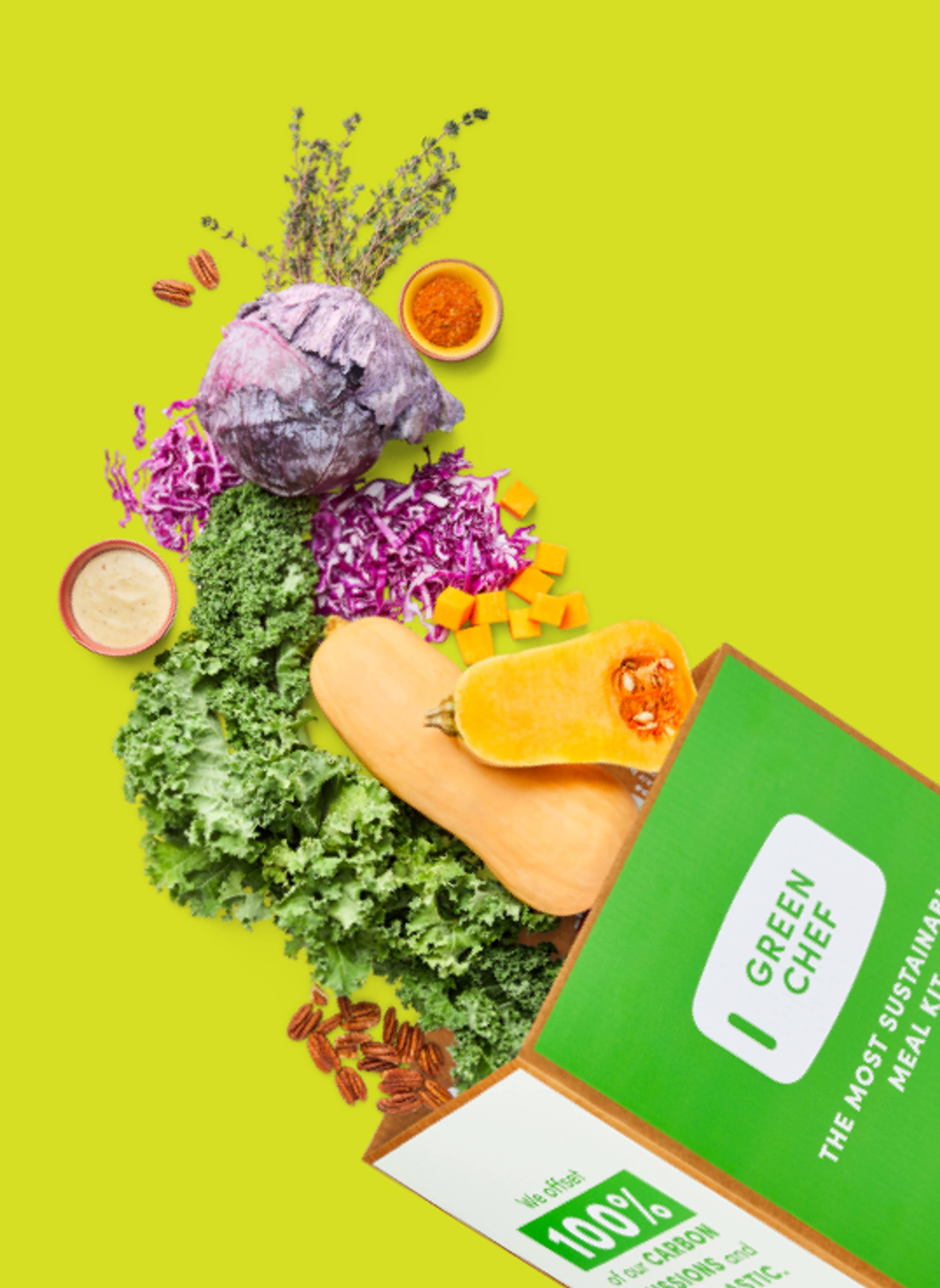
Good for the Environment: A Plant-Based Diet’s Environmental Impact
Vegetarian, Vegan, and More: Plant-Based Diets Explained
Vegetarianism is nothing new. For centuries, countless people across the globe have adhered to a diet that focuses on fruits, veggies, grains, and legumes. The vegetarian diet definition is one that does not include (or strictly limits) the consumption of meat and poultry. To put it another way, any plant-based diet is, technically, a vegetarian diet.
Now, from there, there are several offshoots of the original idea:
Now, from there, there are several offshoots of the original idea:
Vegetarian, Vegan, and More: Plant-Based Diets Explained
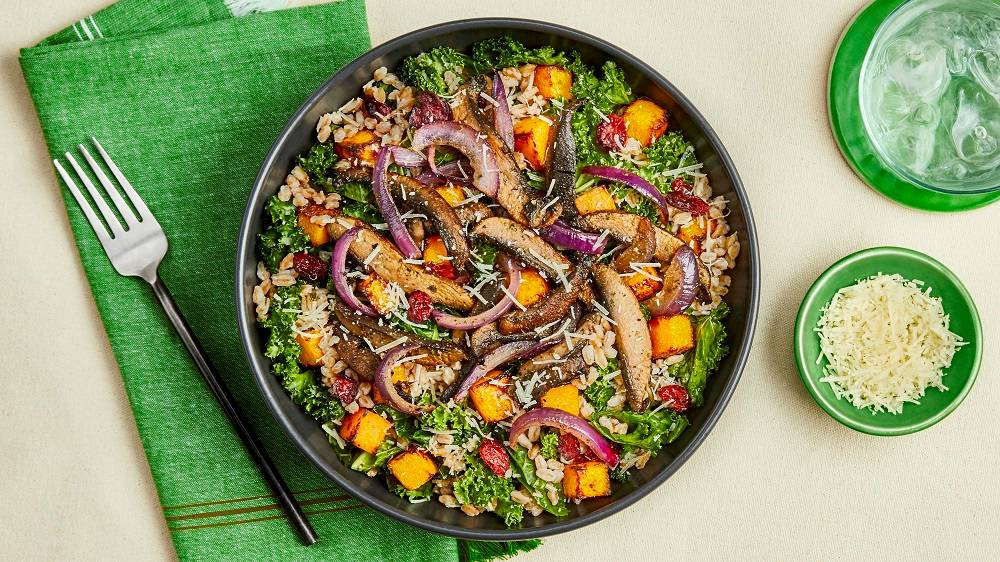
Lacto-ovo Vegetarian
Plenty of vegetarians consume dairy products and eggs, a term that is called a “lacto-ovo” vegetarian. This is a great option because eggs and dairy deliver a host of nutrients – including protein – that can be hard to come by in other sources.
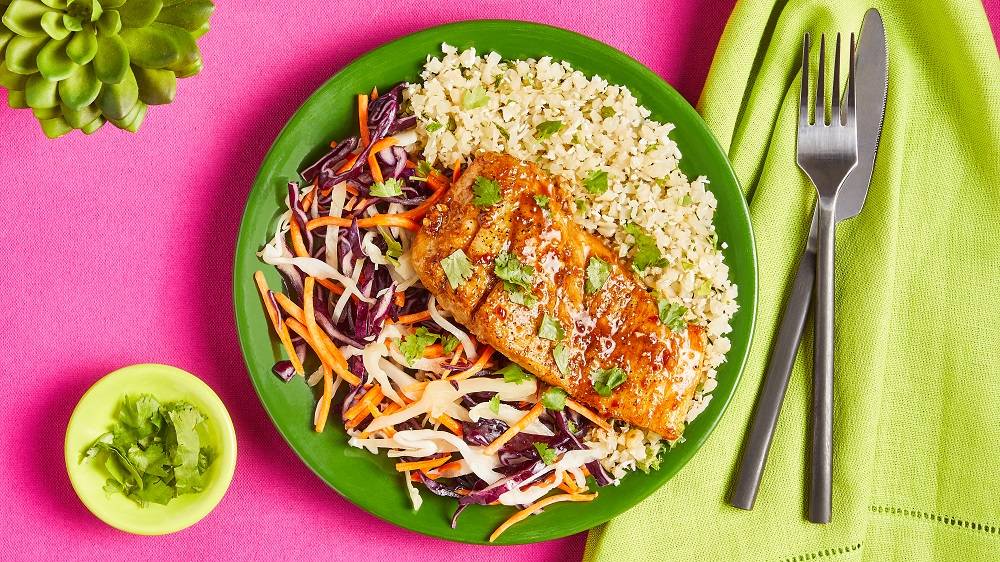
Pescatarian
Pescatarians are vegetarians that sometimes eat fish but no other animal flesh. That means a pescatarian diet looks like a traditional vegetarian one but with the addition of fish a couple of times a week. Whether or not a pescatarian eats dairy or eggs is an individual decision.
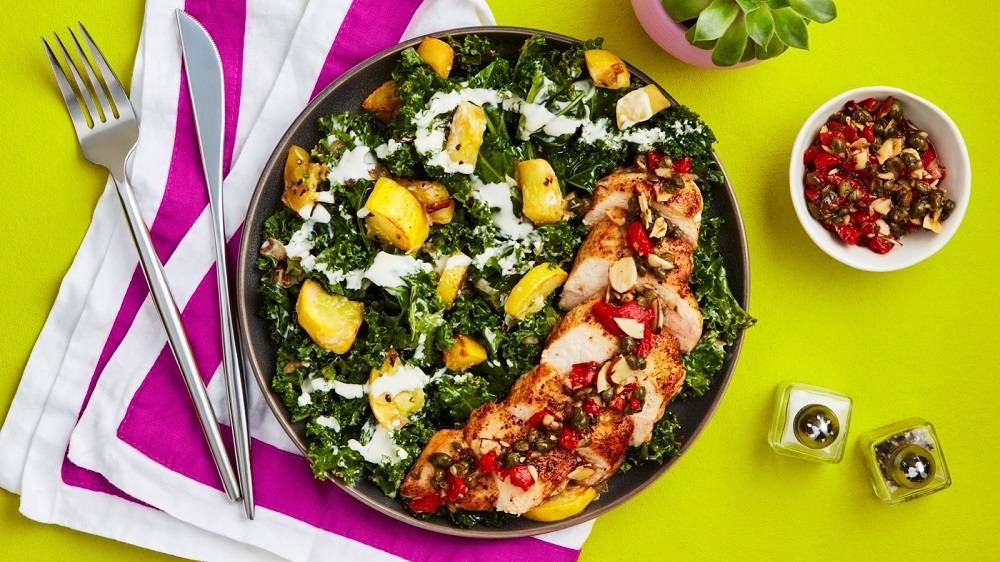
Flexitarian
Semi-vegetarians, or flexitarians, are those who adopt an 80/20 plant-based diet. This means a flexitarian normally sticks to a traditional vegetarian diet but occasionally eats meat, poultry, and fish. This is a great solution for those who need extra protein in their diet, as a vegetarian and especially vegan diet can make it tough to get enough.

Vegan
And then there is, of course, veganism. This offshoot of vegetarianism has gained extreme popularity over the recent years. So, what is a vegan diet? A vegan diet is 100% plant-based. That means a vegan consumes absolutely no animal products or byproducts. Meat, poultry, fish, dairy, and eggs are not allowed, nor are byproducts like honey, gelatin, and even sometimes yeast or whey. A vegan diet relies heavily on whole grains, fiber rich veggies and fruits, as well as heart-healthy nuts and oils. It can be difficult for vegans to get enough protein and calcium, so the vegan diet tends to include a lot of lentils, chickpeas, beans, and tofu.
